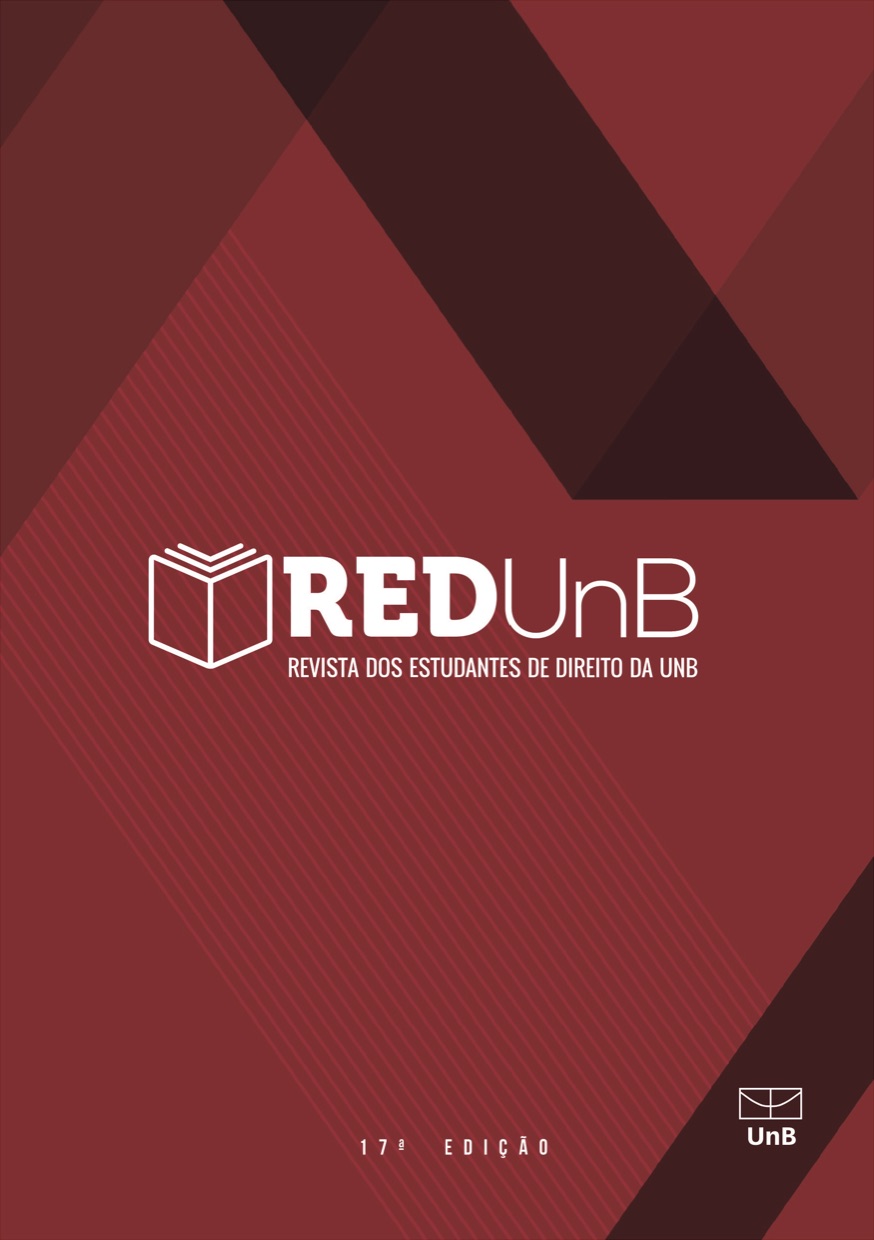REASONS, RULES AND INTERPRETATION
THE RETURN OF THE RATIONAL LEGISLATOR IN THE PHILOSOPHY OF LAW
Keywords:
Philosophy of Law, Theory of Law, Legislative Process, Legal Rules, Philosophy of LanguageAbstract
In the last third of the 20th century, there was an insistence on the usefulness and theoretical performance of embracing legal rules in terms of reasons. A subgroup of legal theorists considers that the notion of reason, on the one hand, gives an explanatory dimension to the practical phenomenon of law and, on the other hand, that this notion is conceptually paramount in relation to the rule. In this context, this article aims to demonstrate that theorists who maintain the need to assume reasons or the need to find reasons have incurred a non sequitur fallacy with respect to their theoretical assumptions. To this end, it is intended to argue that, although it may be true that the notion of reason constitutes a central category for the analysis of legal rules, unjustified conclusions were drawn from it. It will also be argued that this determined the revitalization of an old assumption, contrary to the spirit of classical juspositivism: the idea of the rational legislator. It is intended to demonstrate that those who took this unjustified leap confused the notion of reason necessary to interpret a language with the idea of practical reason.
References
ACERO, J. J.; BUSTOS, E.; QUESADA, D. Introducción a la filosofía del lenguaje. Madrid: Cátedra, 1989
ALCHOURRÓN, C. E., Para una lógica de las razones prima facie. Análisis Filosófico, Buenos Aires, v. 16, n. 2, p. 113-124, 1996
______; BULYGIN, E. Introducción a la metodología de las ciencias so- ciales y jurídicas. Buenos Aires: Astrea, 1975
ATIENZA, M.; RUIZ MANERO, J. Ilícitos Atípicos. Madrid: Trotta, 2000.
BAYÓN, J. C. ¿Por qué es derrotable el razonamiento jurídico?. Doxa: Cuadernos de Filosofía del Derecho, n. 24, p. 35-62, 2001
______. Principios y reglas: legislación y jurisdicción en el Estado Constitucional. Jueces para la Democracia, n. 27, 1996.
BLACK, M. The Gap between “Is” and “Should”. Philosophical Review, v. 73, n. 2, p. 165-181, 1964
CÁRCOVA, C. M. Iusnaturalismo y positivismo jurídico: un debate superado. In: ______. Derecho, política y magistratura. Buenos Aires: Biblos, 1996.
______. Notas acerca de la Teoría Crítica del Derecho. In: COURTIS, C. (comp.), Desde otra mirada: Textos de teoría crítica del derecho. Buenos Aires: Eudeba, 2001
DAVIDSON, D. A Coherence Theory of Truth and Knowledge. In: LePORE, E. (ed.). Truth and Interpretation. Perspectives on the Philoso- phy of Donald Davidson. Oxford: Blackwell, 1986, p. 307-319.
______. Actions Reasons and Causes. In: WHITE, A. (ed.). Philosophy of Action. Oxford: Oxford University Press, 1969.
______. On the Very Idea of a Conceptual Scheme. In: ______. Inqui- ries into Truth and Interpretation. Oxford: Clarendon Press, Oxford, 1984, p. 183-198
DWORKIN, R. Law’s Empire. Cambridge: Harvard University Press, 1986
FERRERES COMELLA, V. Una defensa de la rigidez constitucional. Doxa: Cuadernos de Filosofía del Derecho, n. 23, p. 29-49, 2000
FINNIS, J. Lei Natural e Direitos Naturais. Trad. Leila Mendes. São Leopoldo: Unisinos, 2007
______. Natural Law and Natural Rights. Oxford: Clarendon Press, 1980
GARGARELLA, R. Los jueces frente al “coto vedado”. Revista Discu- siones, n. 1, p. 53-65, 2000
HACKER, P. M. S. Wittgenstein’s Place in Twentieth-Century Analytic Philosophy. Oxford: Blackwell Publishers, 1996
HART, H. L. The Concept of Law. Oxford: Clarendon, 1994
LEITER, B. Beyond the Hart/Dworkin Debate: The Methodology Problem in Jurisprudence. American Journal of Jurisprudence, n. 48, p. 17-51, 2003
MACCORMICK, N. H. L. A. Hart. Londres: Edward Arnold, 1981 PATTERSON, D. Postmodernism. In: ______(ed.). A Companion to
Philosophy of Law and Legal Theory. Cambridge: Blackwell, 1996
RAZ, J. Two Views of the Nature of the Theory of Law: A Partial Comparison. In: COLEMAN, J. (ed.). Hart’s Postscript: Essays on the Postscript to the Concept of Law. Oxford: Oxford University Press, 2001
RODRÃGUEZ, S. Mariposas. Mariposas. La Habana, Ojalá, 1999 ROSS, D. Lo correcto y lo bueno. Trad. Leonardo Rodríguez Duplá.
México: Sígueme, 2001
RUIZ, A. E. C. Derecho, Democracia y teorías críticas al fin del siglo. In: COURTIS, C. (comp.). Desde otra mirada: Textos de teoría crítica del derecho. Buenos Aires: Eudeba, 2001
SANCHEZ DURÁ Y VIDARTE, V. S. Interpretación: radical y cultu- ral. In: DASCAL, M. (ed.). Filosofía del Lenguaje II. Pragmática. Enciclopedia Iberoamericana de Filosofía. Madrid: Trotta, 1999
SCHAUER, F. Playing by the Rules: A Philosophical Examination of Rule-Based Decision-Making in Law and Life. Oxford: Clarendon Press, 1991
______. Las reglas en juego: Un examen filosófico de la toma de de- cisiones basadas en reglas en el derecho y la vida cotidiana. Madrid: Marcial Pons, 2004
VON WRIGHT, G. H. Is and Ought. In: BULYGIN, E.; GARDIES, J. L.; NIINILUOTO, I. (eds.). Man, Law and Modern Forms of Life. Boston: Kluwer Academic Publishers, 1985


